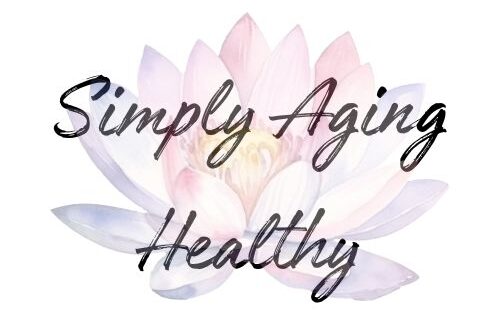Intermittent Fasting: Can You Drink Water While Fasting?
Intermittent fasting has become one of the most popular methods to manage weight and improve health.
The principle is easy: you rotate eating periods with fasting.
If you’re just getting started, I’m sure you know that you can’t eat anything, but what about drinking?
Are you allowed to drink during your fasting windows?
I know it was a concern for me when I started. I didn’t want to break my fast accidentally – it kind of defeats the purpose.
Since I am a big water drinker, I wanted to know if I could continue drinking water in my fasting window.
I found that water, because it’s a zero-calorie drink, doesn’t provide any energy to the body, so drinking it does not break the fast.
In fact, sipping on water throughout your fasting period can help decrease your hunger pains and provide your body with the fluids it needs.
So, let’s look at what you can and can’t drink during your fasting window.
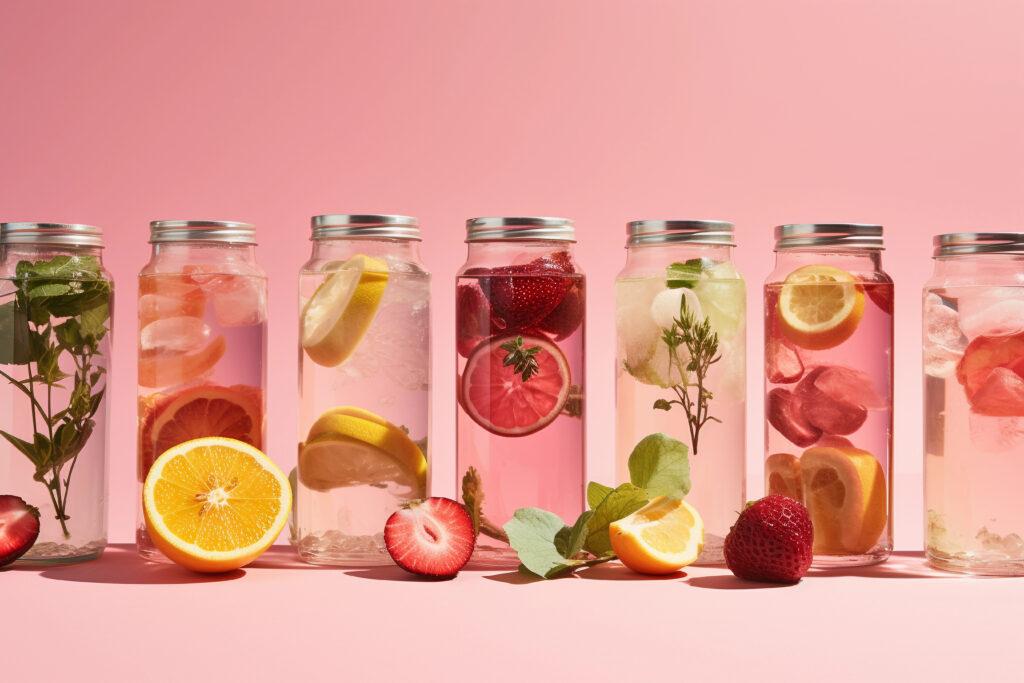
What Is Intermittent Fasting?
Intermittent fasting (IF) is not a diet but a dietary strategy where you alternate between periods of eating and an extended period of time when you avoid eating.
This method doesn’t focus on what foods you eat like a normal diet does, instead it focuses on a pattern of eating and fasting cycles.
It’s a way to structure your daily eating routine – it’s a lifestyle change.
Intermittent fasting has several benefits. It can help you manage your weight, improve gut health, which seems to be a bigger issue as we age, and decrease inflammation, just to name a few.
Common Intermittent Fasting Schedules
Different intermittent fasting schedules are available to fit individual lifestyles and health goals.
Here are a few common examples:
- 14/10 Method – This is the one that I prefer. I’m in a fasted state for 14 hours and then have a 10-hour eating window.
- 5:2 Diet: You consume your regular diet for 5 days a week; on the remaining 2 days, you consume only 500-600 calories daily.
- Alternate-Day Fasting: This involves consuming only 500 calories every other day and then eating a regular diet on the opposite days.
- Eat-Stop-Eat: This type of fasting involves a complete 24-hour fast once or twice per week. I did this for one day due to a medical procedure and struggled so I don’t think this is the one for me! But don’t let that stop you from giving it a try.
Don’t worry, these schedules can all be adjusted to fit your personal routine, preferences, and nutritional needs.
You can try a 16/8 or a 18/6 method if you want. Just play with it a little to find what works best for you.
However, if you have any chronic health conditions such as diabetes or obesity, you may want to discuss this with a healthcare professional so that the altered blood sugar levels don’t cause issues with your health.
Understanding Hydration
Staying hydrated is important for your health, especially when you’re following an intermittent fasting plan.
Below is some important information about the role of hydration and the risks of dehydration during fasting periods.
Importance of Staying Hydrated
- Hydrated Body Functions: Every system in your body depends on water. It helps with transporting nutrients, regulating your waste, and controlling your body temperature.
- Weight Management: Drinking water can help with weight control by giving you a feeling of fullness and increasing your metabolism.
Effects of Dehydration
- Cognitive Impact: Dehydration can lead to a decrease in mental function, resulting in difficulty concentrating, headaches, and fatigue.
- Physical Performance: Without good hydration, your physical performance can suffer, possibly causing weakness, dizziness, and electrolyte imbalances.
Remember, drinking water, even while fasting, is important in making sure that these bodily functions are not compromised.
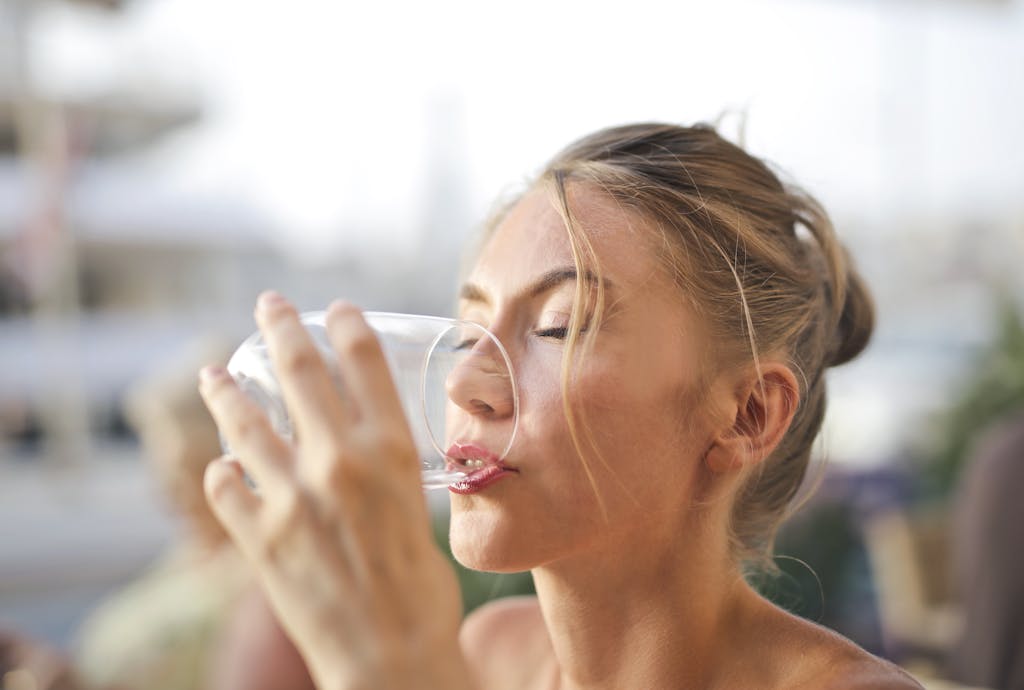
Guidelines for Drinking Water During Fasting
Drinking plenty of water in order to stay hydrated is very important during intermittent fasting.
Here’s some advice on how to drink enough water during your fasting periods.
General Recommendations
- Stay Hydrated: Try to drink at least 8-10 glasses (64-80 ounces) of water throughout the day.
- Don’t Use Thirst as Your Guide: Drink water often, and don’t wait until you feel thirsty. Often, you are already starting to dehydrate before the urge to drink hits you.
Type of Water to Consume
- Regular Tap water, Filtered Water or Mineral Water: This is usually a good option for most people.
- Avoid Additives: Stay away from bottled waters that contain sweeteners or flavors, because these can break your fast.
Approved Beverages During Intermittent Fasting
Focusing on drinks that won’t break your fast during intermittent fasting periods is important.
Stick to clear liquids with low or zero calories and avoid added sugars or sweeteners.
A few of the best drinks to consider during your fasting window are:
Hot or Cold Tea
Yes, you can drink unsweetened tea during intermittent fasting!
It’s one of my go to drinks during my fasting state when I get bored with water.
However, you must avoid adding anything to your tea unless it is just a squeeze of fresh lemon.
Here are a few healthy options.
- Chamomile – Best known for its calming effects. It’s a great option right before going to bed to improve sleep. It also has anti-inflammatory and antibacterial effects. It may also help to control blood glucose.
- Peppermint – supports digestive health. Helps with indigestion, nausea, and irritable bowel syndrome.
- Ginger – helps relieve nausea due to its antioxidants. I drank this a lot during my cancer treatments.
- Green tea – is mainly known for its weight loss effects. It also improves mood and reduces stress. It is a good option during fasting because it regulates blood sugar levels.
- Black tea – improves heart and gut health. It can also help with focus.
Black Coffee
If you need your morning caffeine kick to boost your energy levels, go for it!
Just avoid adding sugar, sweetener, milk, or creamer to your coffee.
A few options:
- Americano: Just water and espresso shots.
- Espresso: A small, concentrated coffee with no added calories when consumed black.
- Bulletproof Coffee: This one is controversial. Many feel that bulletproof coffee will break a fast due to the additives, while others feel that it doesn’t and is actually healthy to consume during a fast. I personally just stick with plain ol’ black coffee.
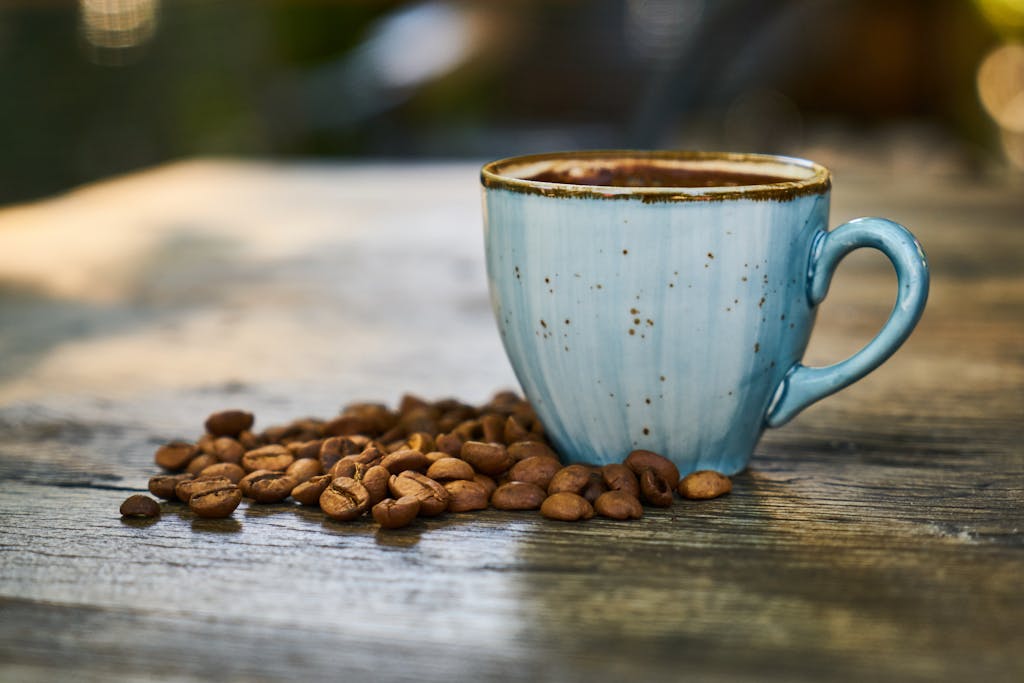
Infused Water
Sometimes I get tired of just plain water, so will add a squeeze of fresh lemon to jazz it up a bit.
This is different than flavored water that you buy at the store.
Lemon water is calorie-free, so there is no risk of breaking your fast.
If lemon isn’t your fruit of choice, consider some fresh mint, a few slices of cucumber, or a wedge of lime.
Zero-Calorie Drinks
- Water: Plain or unsweetened seltzer water/carbonated water is always fasting-approved.
- Diet Soda: This one is controversial – people that are strict fasters feel that this can break a fast due to the artificial sweeteners while others believe that it doesn’t. I personally avoid soda completely.
Calorie-Containing Beverages to Consume During Eating Window.
Looking for healthy drink options that you can consume during your eating period?
Check these out:
- Bone Broth
- Apple cider vinegar
- Coconut Water
- Smoothies
You should always try to avoid sugary drinks such as soda and some fruit juices.
Be sure to read labels and avoid drinks with high sugar content.
Frequently Asked Questions
This section covers common questions about water intake during intermittent fasting to make sure that your hydration needs are met without breaking your fast.
Impact of Drinking Water on Fast
Can you drink water while fasting?
Absolutely. Drinking water does not break your fast. In fact, it’s encouraged to stay hydrated.
How Much Water to Drink
How much water should you drink during fasting?
Try to drink at least 2 liters or half a gallon of water a day.
Listen to your body and adjust if you are still thirsty or are exercising heavily.
Timing for Drinking Water
Is there a best time to drink water during intermittent fasting?
Consistent hydration is key.
So, drink water throughout the day, but especially after waking up and before, during, and after your eating window.
Green Tea While Fasting
Does Green Tea Break a Fast?
No, green tea will not break a fast as long as you do not add anything, such as sweeteners or creamers, to your tea.
Lemon Water and Fasting
Can You Drink Lemon Water While Fasting?
Yes, you can. Adding a slice or squeeze of fresh lemon to your water will not break a fast. If buying bottled water with lemon flavor be sure to read the label and avoid if there are other additives.
Challenges and Solutions
Here are a few common hurdles you may run into while doing intermittent fasting and strategies to overcome them.
Managing Hunger Pangs
Your body’s natural response to fasting is hunger.
Here’s how to handle it:
- Stay busy: Engaging in activities can take your mind off hunger.
- Consume zero-calorie beverages: Beverages like water, black coffee, or tea can help you feel full without breaking your fast.
- Increase Protein before Fasting Window: Consider increasing your intake of lean proteins before you begin your fast. Protein is the most filling nutrient in a healthy diet and can give you a feeling of fullness.
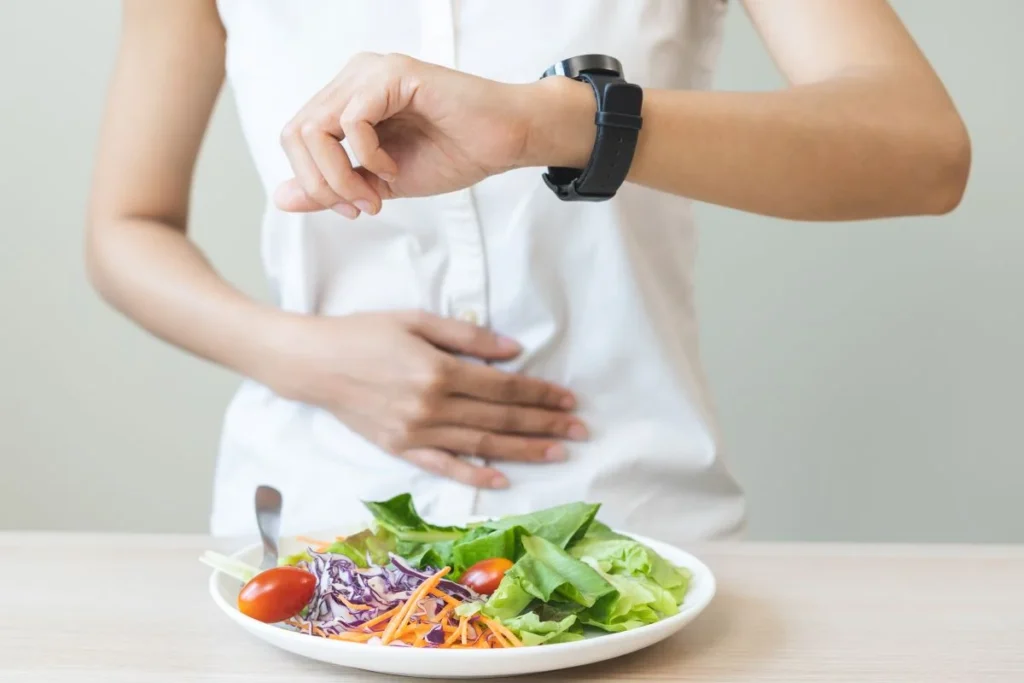
Staying Hydrated Throughout the Day
Hydration is crucial, especially when fasting.
Follow these tips:
- Set a schedule: Drink water at regular intervals to make sure that you stay hydrated.
- Keep a water bottle handy: Always have water within reach to make it easier to drink frequently.
Health Benefits and Risks
When you practice intermittent fasting, you’re engaging in a dietary routine that can potentially influence both your health and well-being.
Understand the potential benefits and the risks to keep your experience with intermittent fasting positive.
Potential Health Benefits of Intermittent Fasting
Weight Loss:
Studies have shown that intermittent fasting can lead to weight loss because it typically reduces your calorie intake during the fasting periods.
Improved Insulin Sensitivity:
You may improve your insulin sensitivity with intermittent fasting, helping manage type 2 diabetes.
Heart Health:
Intermittent fasting might improve heart health by improving risk factors such as blood pressure, cholesterol levels, and inflammation.
Possible Health Risks
Nutrient Deficits:
If you’re not careful, intermittent fasting can lead to poor nutrient intake, which is important for maintaining your health.
Disordered Eating:
There’s a risk of developing disordered eating patterns because of the strict eating windows, causing an unhealthy relationship with food.
Physical Effects:
Some people may experience headaches, dizziness, or constipation, especially when they first start fasting or if not done correctly.
Final Thoughts
When practicing intermittent fasting, staying hydrated is very important.
You should feel confident knowing that drinking water is not only allowed but encouraged during fasting periods.
This practice helps maintain your body’s balance of fluids and supports overall health.
- Hydration: Keep yourself well-hydrated.
- Zero Calories: Water has no calories, making it suitable for fasting.
- Optional Additions: You may add a slice of lemon or a dash of cinnamon for flavor.
Be sure to drink water during your fasting period and your eating period.
If you’re unsure what’s allowed, remember that plain water, herbal teas, and black coffee—without sweeteners or milk—are typically considered safe choices that won’t break your fast.
Your commitment to intermittent fasting should be matched with a commitment to proper hydration.
